Costa Rica, often hailed as one of the most beautiful and diverse countries in the world, is a paradise for travelers seeking lush rainforests, pristine beaches and a peaceful, laid-back lifestyle. With its incredible biodiversity, friendly locals and emphasis on sustainability, Costa Rica offers something for everyone. Whether you’re an adventure seeker, a nature lover or someone simply looking for relaxation, this Central American gem definitely delivers. But for LGBTQ+ travelers, there’s another important question to ask: is Costa Rica gay friendly?
In today’s world, knowing how a destination treats its local and visiting LGBTQ+ community is more important than ever. Not only do travelers want to feel welcome, but they also need to ensure they can enjoy their carefully planned trip without fear of discrimination or social exclusion. It’s important to consider how a country’s legal framework and ambiance translates into real-world experiences and perceived safety. This guide will take a deep dive into Costa Rica’s LGBTQ+ friendliness, from its culture and legal protections to the most inclusive destinations around the country.
How Does Costa Rica Feel About the LGBTQ+ Community?
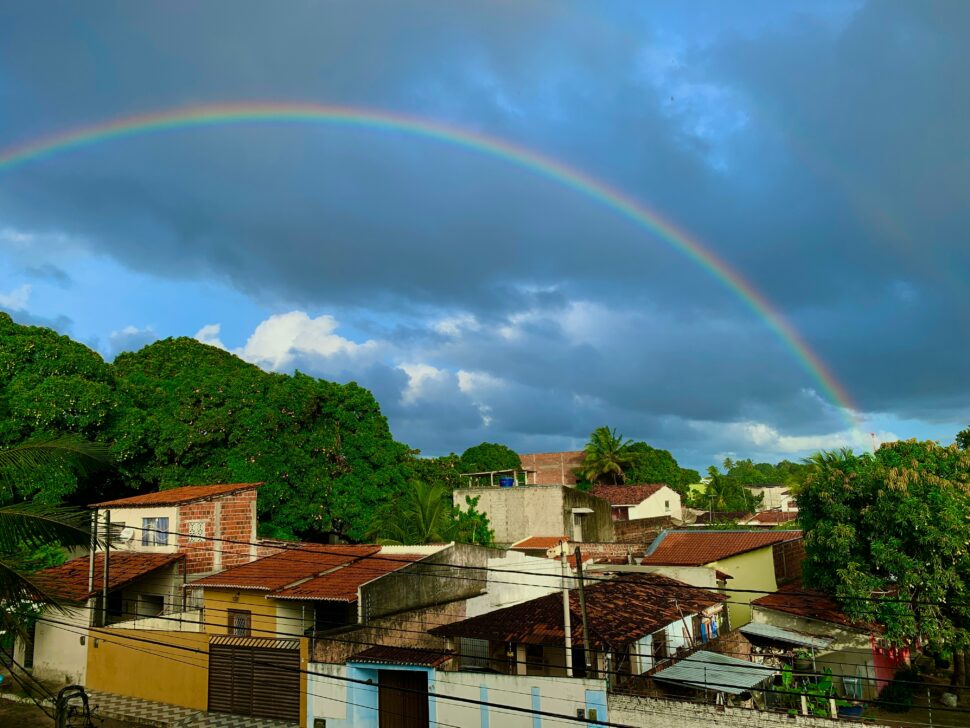
Costa Rican culture is widely known for its warmth and openness. This is represented in the famous phrase “pura vida,” which translates to “pure life” or “simple life.” This reflects the nation’s easygoing and optimistic approach to life. The local population is pretty friendly and Costa Ricans take great pride in their hospitality, making the country one of the most popular travel destinations in the world.
In major cities like San José and other popular tourist destinations, the LGBTQ+ community can generally find a welcoming environment. Costa Rica has grown more accepting in recent years, particularly among younger generations, who are increasingly progressive on issues of gender and sexuality. So overall the vibe is welcoming, but there are nuances to that. Just like in many countries, rural areas tend to be more conservative. This means that open displays of affection, such as holding hands or kissing in public, may attract some attention or cause discomfort for LGBTQ+ community members. While this doesn’t necessarily mean hostility, it’s always a good idea to remain aware of your surroundings, especially in less tourist-heavy regions.
Legal and Societal Concerns
Costa Rica has made significant strides in ensuring legal protection for LGBTQ+ individuals; one of the most significant progressions came in May 2020. This is when the country became the first in Central America to legalize same-sex marriage – a milestone that came as a result of a ruling by the Constitutional Court in 2018 that declared the country’s prior ban unconstitutional. The ruling aligned with an advisory opinion from the Inter-American Court of Human Rights, which mandated that signatory countries must recognize and guarantee the rights of same-sex couples.
Beyond marriage equality, Costa Rica has also implemented anti-discrimination laws that protect LGBTQ+ individuals in areas such as employment, housing and public accommodations. This legal framework provides a strong foundation for LGBTQ+ individuals to live and work in Costa Rica without the threat of discrimination based on sexual orientation or gender identity. Despite these legal advances, societal attitudes can still be more conservative, particularly in more rural or traditional areas. While Costa Rica’s legal protections are strong, it’s still important for LGBTQ+ travelers to remain sensitive to local customs and cultural norms.
What Areas Of Costa Rica Are Most Gay Friendly?
Areas like San José, beach towns like Jacó and Tamarindo and laid-back destinations like Puerto Viejo and Manuel Antonio offer an open, accepting atmosphere. These places are where LGBTQ+ travelers can feel the most comfortable. Ultimately, Costa Rica promises a warm welcome for travelers of all orientations. The country’s tourism industry is well-versed in catering to diverse visitors, and many of the most inclusive areas boast vibrant LGBTQ+ scenes, from nightlife to community spaces. Here is what we know about the top places in Costa Rica that are considered gay friendly:
San José
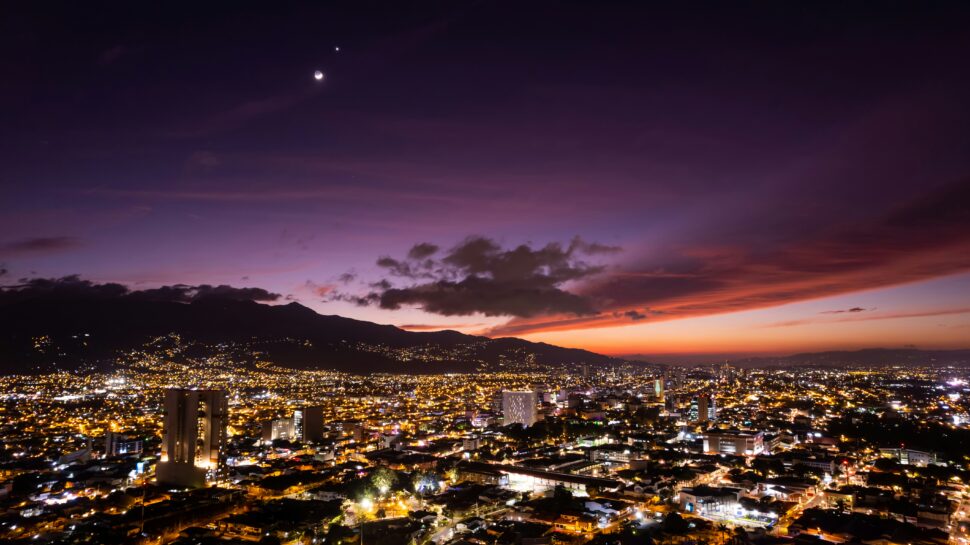
As the capital and heart of Costa Rica, San José is the most LGBTQ+-friendly destination in the country. The city is home to a variety of LGBTQ+-inclusive bars, clubs and restaurants (particularly in the El Carmen district). San José also hosts a vibrant annual Pride parade, which attracts both locals and international visitors. This urban hub offers a wide range of accommodations, and its progressive, cosmopolitan atmosphere makes it an ideal starting point for LGBTQ+ travelers.
Jacó

Situated on the Pacific coast, Jacó is a popular beach town that is known for its inclusive and laid-back vibe. The town has a welcoming atmosphere with several LGBTQ+-friendly bars, clubs, restaurants and accommodations lining the streets. Jacó is a great place for a fun and relaxed beach vacation. Its open-minded locals ensure that everyone can enjoy the natural beauty and lively nightlife without judgment.
Puerto Viejo
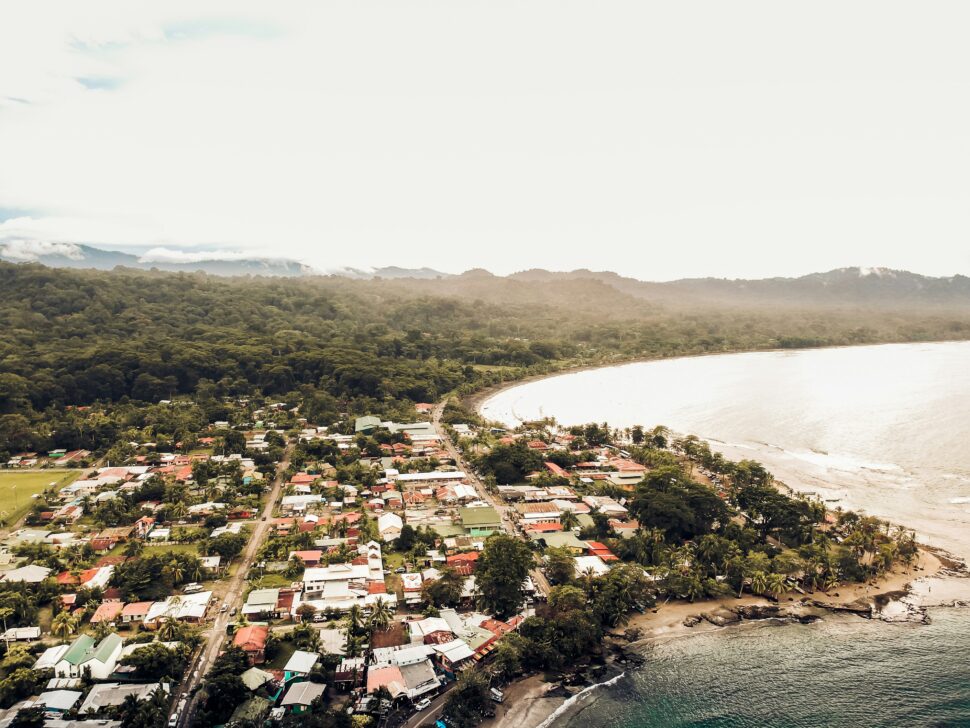
This town is located on the Caribbean coast. Puerto Viejo is a bohemian paradise known for its laid-back, inclusive culture. With its relaxed pace of life and vibrant local arts scene, the area appeals to a diverse group of visitors naturally. Overall, Puerto Viejo has a reputation for being open-minded and friendly, so people from all walks of life can explore the area safely, including LGBTQ+ travelers. This makes it a great place to unwind and enjoy both the natural beauty and the welcoming atmosphere.
Manuel Antonio
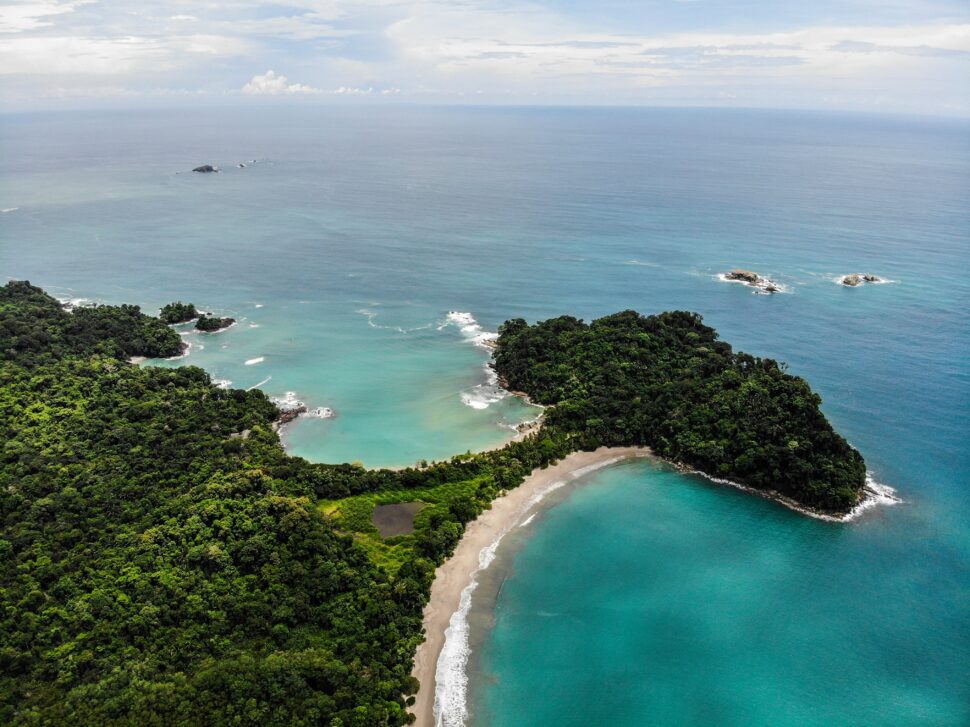
Home to one of Costa Rica’s most famous national parks, Manuel Antonio is an idyllic beach town that also offers a warm welcome to LGBTQ+ visitors. The town’s hotels, tour operators and other places are generally inclusive. So gay couples can feel comfortable exploring the area’s stunning beaches and lush rainforests together. Manuel Antonio’s relaxed vibe and diverse tourist population make it a popular spot for LGBTQ+ travelers.
Tamarindo
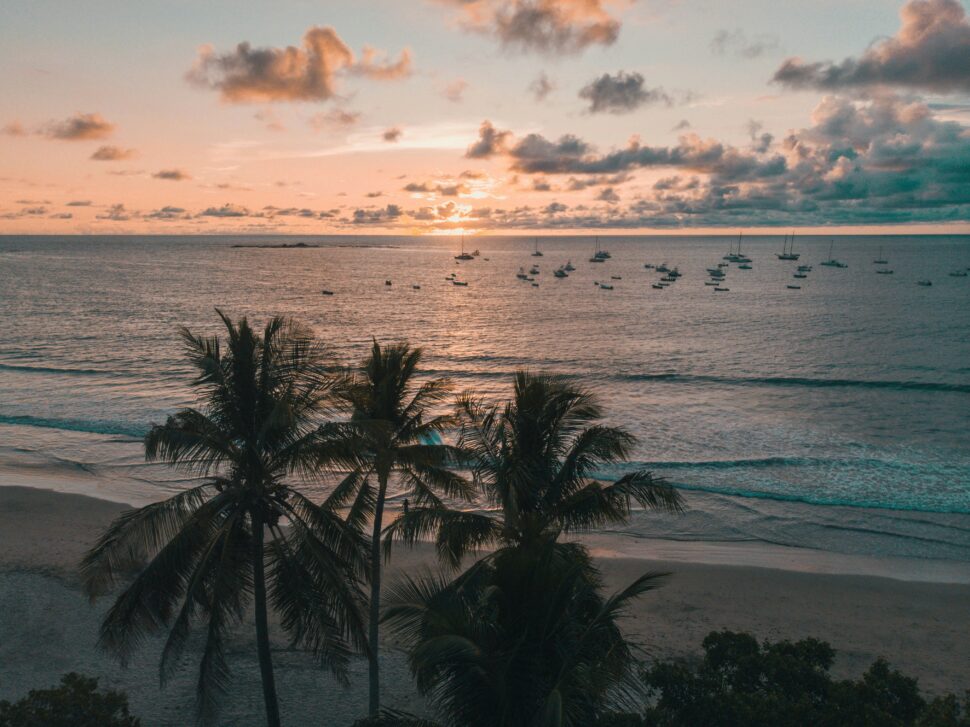
On the Pacific coast, Tamarindo is a trendy beach town that has become a hotspot for LGBTQ+ travelers, known for its beautiful beaches, lively nightlife and relaxed atmosphere. Tamarindo also has several LGBTQ+-friendly bars and clubs, so, if a night out sounds ideal, visitors will not miss out on the fun. Overall, the town has a welcoming vibe and is a popular destination for tourists seeking a mix of outdoor adventure, vibrant nightlife and a more cosmopolitan feel.
Frequently Asked Questions
Is Costa Rica friendly to foreigners?
Yes, tourists consider Costa Rica to be a very friendly place and foreigners often feel comfortable visiting. Regardless of this overwhelmingly welcoming energy, it is important to respect locals and customs during a trip.
Is Costa Rica expensive?
Due to its well developed tourism industry and healthy economy, Costa Rica is relatively expensive when compared to other Central American countries.





